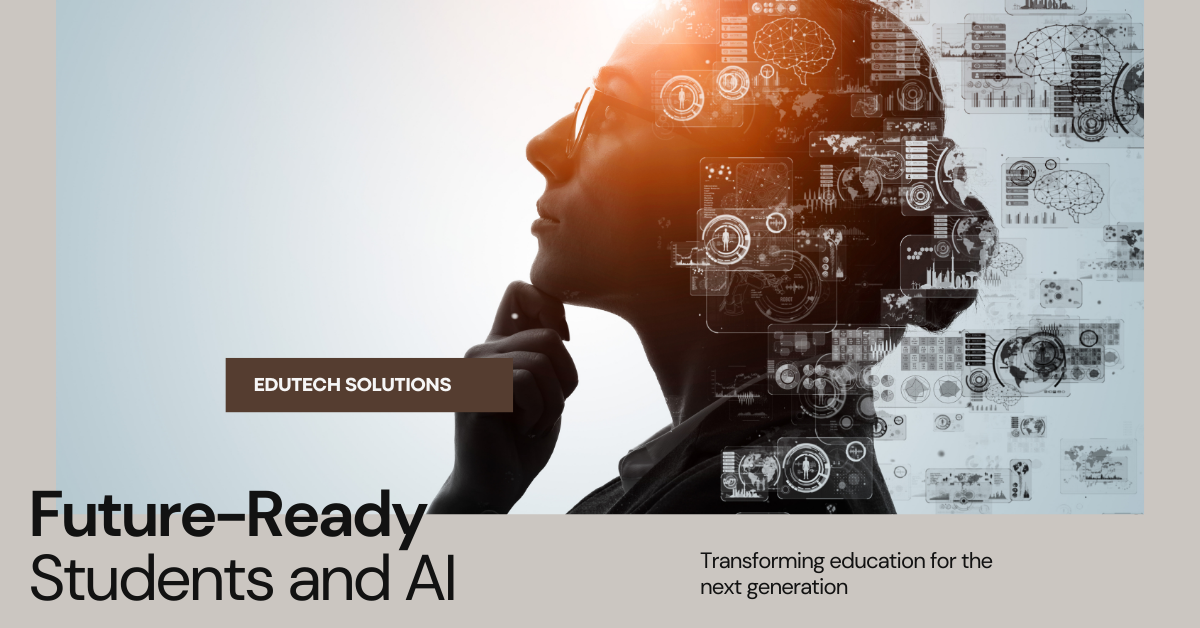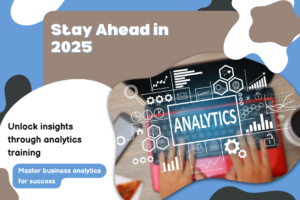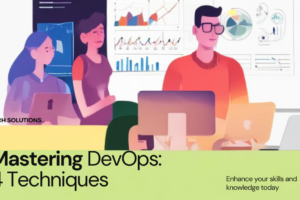
Future-Ready Students: How AI is Transforming Education for the Next Generation
#1 Myinstitutes.com is one of the best educational portals and training institutes in MYSORE, MANGALORE, and BANGALORE.
Future-Ready Students: How AI is Transforming Education for the Next Generation
The rapid evolution of Artificial Intelligence (AI) is reshaping the education sector, preparing students to thrive in an increasingly digital and automated world. AI-driven tools are not only enhancing the learning experience but also equipping students with essential skills to adapt to future careers. From personalized learning to AI-powered assessments, intelligent tutoring, and automated administrative tasks, AI is revolutionizing education at every level. As educational institutions embrace these innovations, students are becoming more future-ready, empowered with technology-driven knowledge and skills.
1. Personalized Learning: Adapting Education to Individual Needs
One of the most significant benefits of AI in education is its ability to provide personalized learning experiences. Traditional classrooms often follow a standardized teaching model, where all students receive the same instruction, regardless of their individual strengths and weaknesses. AI changes this approach by offering tailored learning paths based on a student’s performance, learning speed, and preferences.
AI-powered adaptive learning platforms analyze student data and adjust content to suit their needs. If a student struggles with a particular topic, AI-driven systems provide additional resources, exercises, and explanations until mastery is achieved. Conversely, students who grasp concepts quickly can advance at a faster pace, preventing boredom and maximizing engagement. This level of personalization ensures that students receive the right support, fostering a deeper understanding of subjects and improving overall academic performance.
2. AI as a Virtual Tutor: Learning Beyond the Classroom
AI-driven virtual tutors and chatbots are transforming the way students receive academic support outside the classroom. These AI-powered tools provide instant feedback, explanations, and guidance, allowing students to seek help whenever needed. Unlike human tutors, AI tutors are available 24/7, making learning more accessible.
For instance, AI-based tutoring platforms like Socratic by Google and ChatGPT can answer student queries, explain complex concepts, and even assist with homework. These virtual assistants adapt to the student’s learning style, offering detailed explanations through text, voice, or even video. This not only enhances comprehension but also promotes independent learning habits among students.
3. Smart Classrooms: Enhancing Teaching and Administration
The integration of AI in classrooms has given rise to smart classrooms, where technology-driven solutions streamline both teaching and administrative tasks. AI-powered tools assist educators by automating tasks such as grading, attendance tracking, and lesson planning. This reduces the workload on teachers, allowing them to focus more on interactive teaching and student engagement.
AI-powered speech-to-text tools, real-time translation applications, and interactive whiteboards enhance classroom experiences, making learning more inclusive. Students with different learning abilities, including those with disabilities, can benefit from AI-powered accessibility tools such as text-to-speech programs and AI-driven sign language translation.
Moreover, AI analytics help teachers identify learning gaps by analyzing student performance data. This enables educators to provide targeted interventions and improve overall classroom outcomes.
4. Preparing Students for AI-Driven Careers
AI is not just transforming education—it is also shaping the future job market. As AI and automation become more prevalent across industries, students must develop AI-related skills to stay competitive. Integrating AI-based problem-solving, coding, machine learning, and data analysis into the curriculum ensures that students are equipped for the demands of the future workforce.
Many educational institutions are already incorporating AI-related subjects, such as robotics and programming, into their coursework. AI-driven career guidance tools also help students explore career paths based on their skills and interests, providing insights into job trends and required qualifications.
By fostering AI literacy at an early stage, schools and colleges prepare students for high-demand careers in technology, data science, automation, and AI development.
5. Bridging the Education Gap: AI for Inclusive Learning
One of AI’s most transformative impacts is its ability to bridge learning gaps and improve accessibility. AI-powered e-learning platforms provide quality education to students in remote or underserved areas, breaking geographical and financial barriers.
For example, AI-based language translation tools enable students from different linguistic backgrounds to access educational content in their native language. AI-driven speech recognition software assists students with disabilities by converting spoken language into text or vice versa.
Additionally, AI-powered platforms offer cost-effective online courses and virtual classrooms, allowing students from various backgrounds to access high-quality education without physical constraints. This democratization of education ensures that every student, regardless of their location or socioeconomic status, has an opportunity to learn and grow.
Conclusion: AI as a Catalyst for Future-Ready Education
AI is revolutionizing education by making learning more personalized, accessible, and efficient. By leveraging AI-driven tools, students gain deeper insights, develop critical thinking skills, and become well-equipped for the future job market. AI-powered smart classrooms, virtual tutors, and adaptive learning systems ensure that students receive the best possible education tailored to their needs.
As AI continues to advance, educators and institutions must embrace these technological innovations to foster a future-ready generation. The integration of AI in education is not just about improving teaching methods—it’s about empowering students to succeed in an AI-driven world. Schools, universities, and policymakers must work together to ensure that AI is implemented effectively, enhancing education for all.
The future of education is here, and AI is at its core—reshaping learning, breaking barriers, and preparing students for the opportunities and challenges of tomorrow.
Top 3 Hotel Management Courses in Bangalore
- Myinstitutes
- AIMS Institutes
- Chennais Amirta IIHM



